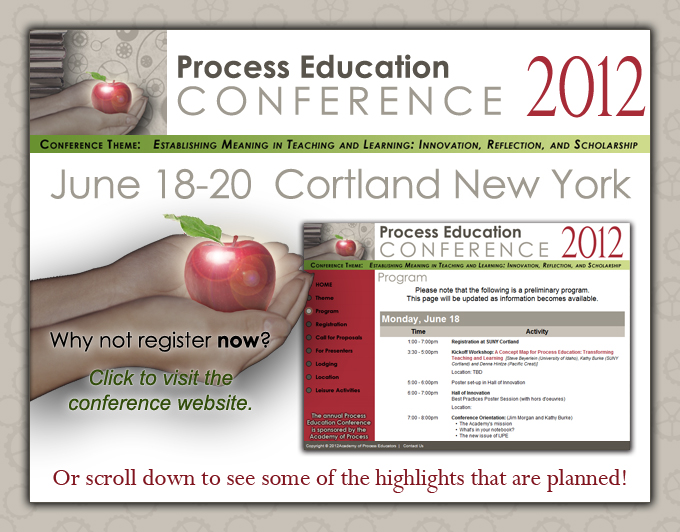Students have more responsibility for learning course
content in the learning-centered classroom, but teachers
still hold as a primary responsibility the task of helping
students to learn. In addition to creating engaging
classroom experiences for students, one significant advance
that could be made in the educational area would come from
teaching students the actual process of how best to learn.
Students certainly do learn a great
deal before they enter college or university, but few are taught
effective strategies for encoding, storing, and retrieving

![]()
![]()

